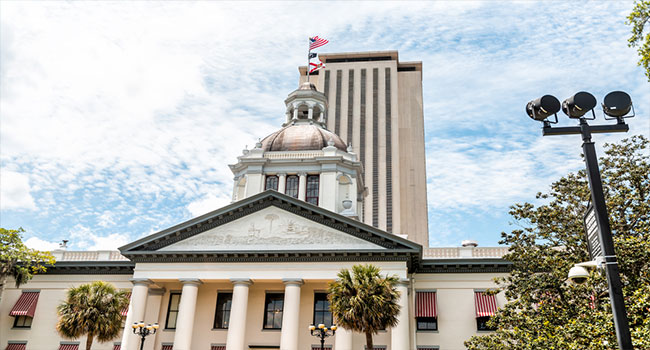
Florida Lawmaker Introduces “Alyssa’s Law” To Require Panic Alarms in Public Schools
The bill, a version of which was already signed into law in New Jersey, would require Florida public schools to install silent panic alarms in each building.
- By Haley Samsel
- August 22, 2019
Following one of the deadliest school shootings in American history in Parkland, Florida, state lawmakers have taken action to improve campus safety, including measures mandating monthly active shooter drills and armed security guards at every school in the state. Now, a state legislator is proposing a bill that would mandate panic alarms in public schools starting next year.
Florida state Rep. Michael Gottlieb, a Democrat from Broward County, has introduced “Alyssa’s Law,” named after Alyssa Alhadeff, a 14-year-old student killed in the 2018 shooting at Marjory Stoneman Douglas High School. The school is located within the county.
The bill would require each school building to have at least one panic alarm for use in a school security emergency, including non-fire evacuations, lockdowns, or active shooter situations. In addition, the silent alarm must have a direct connection to local law enforcement that would send an immediate signal or message to first responders once activated.
“This is a necessary response to a growing evil in today’s society and a step in the right direction, something that I believe should gain bipartisan support,” Gottlieb said in a statement published by Florida Politics.
A companion bill was introduced last year by state Sen. Lauren Book but did not make it through committee. In February, New Jersey Gov. Phil Murphy signed a version of “Alyssa’s Law” requiring silent panic alarms in the state’s schools.
If Gottlieb’s bill is passed, Florida schools would be required to have the alarms by July 1, 2020.
“Who wouldn’t want to give these schools a better chance if something like this were to happen again?” Gottlieb said. “We must continue this congruent effort until we find some preventative solutions to our mass shooting epidemic.”
About the Author
Haley Samsel is an Associate Content Editor for the Infrastructure Solutions Group at 1105 Media.